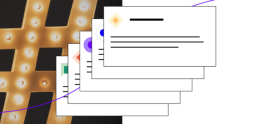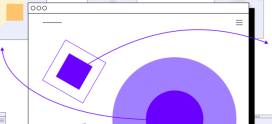Six WooCommerce Plugins For Your New eCommerce Store

To help you get started, I’m going to talk about six extensions. I’ve chosen these extensions because they add features that are useful to any WooCommerce retailer. In addition to WooCommerce extensions, retailers can also use WordPress plugins that aren’t built for WooCommerce, but I will stick to eCommerce-related plugins and extensions designed to work with WooCommerce.
Before I start, a word about names: WordPress refers to software packages that add extra features as plugins. In the WooCommerce world, they’re called extensions. So, WooCommerce is a WordPress plugin, and add-ons to WooCommerce itself are extensions.
WooCommerce Checkout Manager adds a host of features for configuring how the checkout looks and behaves. You can use it to add new fields, reorder fields, make some fields optional, and add conditional fields.
It’s a mixed bag of different checkout tweaks that you’ll almost certainly find a use for at some point in the life of your store.
Advanced Dynamic Pricing is used to create discounts and other pricing rules based on custom conditions. For example, Black Friday is coming up, and you might use this plugin to add discounts that only apply on that day.
WooCommerce is well-optimized for search, but Yoast’s plugin adds features that make it easier to implement SEO and social media best practices, such as Facebook and Pinterest-specific information, breadcrumb navigation, and an improved sitemap.
Product Bundles does what the name suggests. It allows WooCommerce store owners to create product bundles with custom pricing. Product bundling is an effective cross-selling and upselling strategy that encourages customers to spend more.
Wishlists are one of my favorite eCommerce features, and I miss them when I’m shopping on an eCommerce store that doesn’t have wishlist functionality. This plugin allows your customers to create wishlists, add products, and review the content of their list on a dedicated page.
Customers appreciate it when retailers reach out after a sale with useful information, discounts, or a simple “thank you.” On a small store, you can do this manually, but as your store grows, it will become a huge time sink. With the Follow-Ups extension, you can create emails and tweets, grouped into campaigns, and send them automatically according to custom triggers. For example, you might send a “Thank you” email immediately after a sale, and an email to request a review a few days after a product has been delivered.
I have barely scratched the surface of the huge ecosystem of WordPress plugins and WooCommerce extensions. As a WooCommerce hosting client, you can extend, enhance, and customize your store in many ways, both large and small. I’d encourage you to spend some time browsing the repositories for inspiration.
Posted in:
WooCommerce



